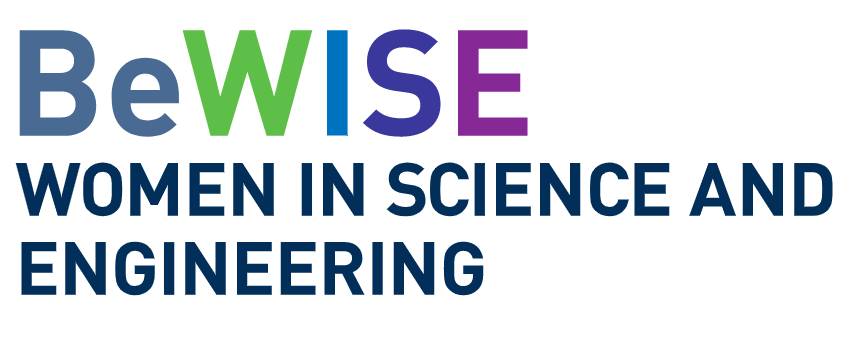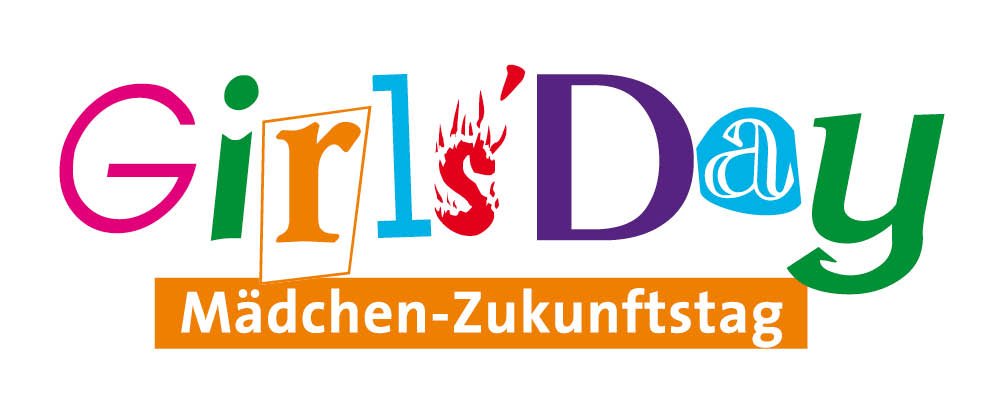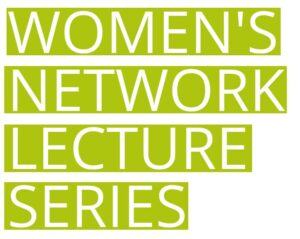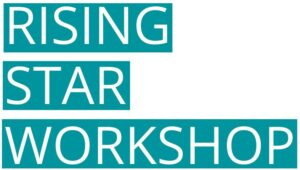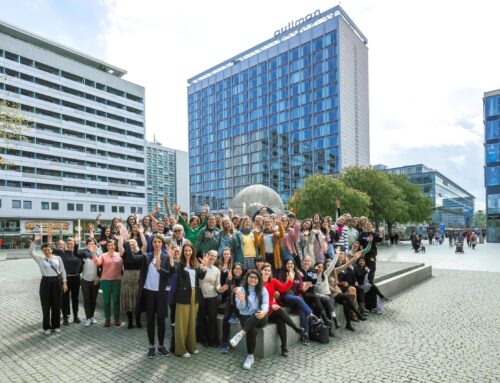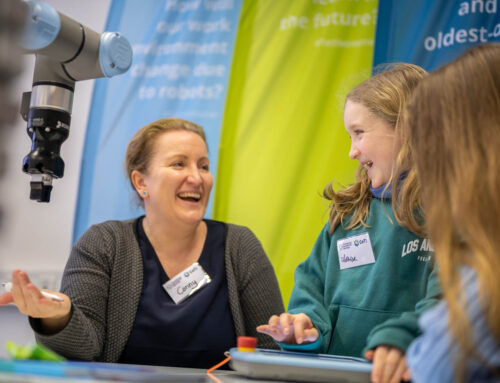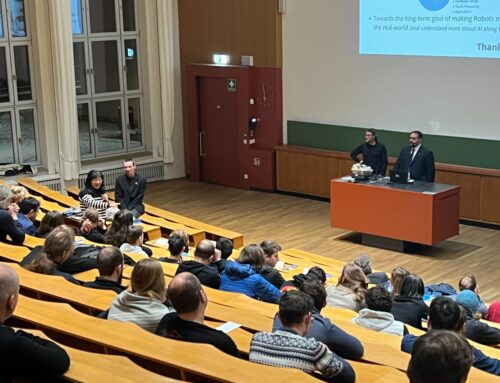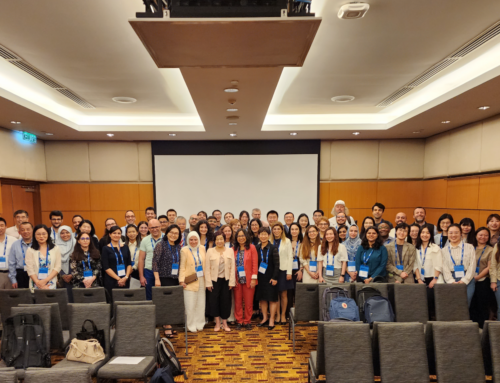Science and gender equality are both vital for the achievement of the internationally agreed development goals, including the 2030 Agenda for Sustainable Development. Over the past decades, the global community has made a lot of effort in inspiring and engaging women and girls in science. Yet women and girls continue to be excluded from participating fully in science. In order to achieve full and equal access to and participation in science for women and girls, and further achieve gender equality and the empowerment of women and girls, the United Nations General Assembly declared 11 February as the International Day of Women and Girls in Science in 2015. To mark this day, we asked three of our female scientists about their careers.
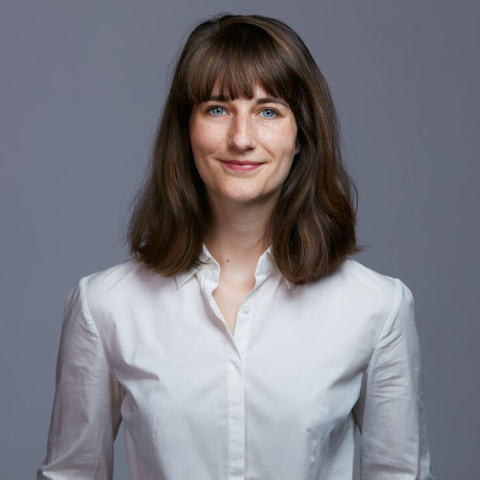
Konstanze Möller-Jansen, PhD Researcher
Konstanze works on a project called “Democratizing the Internet of Skills”, an assessment of normative issues relating to CeTI’s research goals. One of the aims of this research project is to develop a vocabulary and suggest established models for natural and engineering scientists to envision and examine the impact of their technologies.
Irene Valori, Research Associate
Irene investigates the role of affective touch in promoting interpersonal trust in technology-mediated human-to-human exchanges or human-machine interactions. Her research aims to explore individual differences in tactile emotional vocabulary, with a focus on differences related to developmental trajectories, culture, and gender.
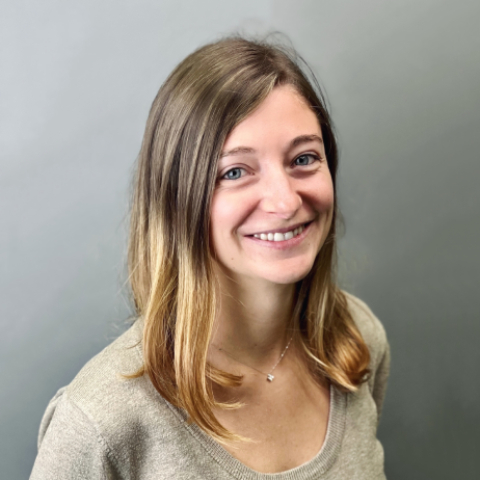

Katharina Porepp, PhD Researcher
Katharina graduated in traffic engineering at the TU Dresden. She is working as a research assistant at the Chair of Industrial Design Engineering and focusses on the possibilities of technology and digitalization in schools to develop new ways of (digital) learning.
















